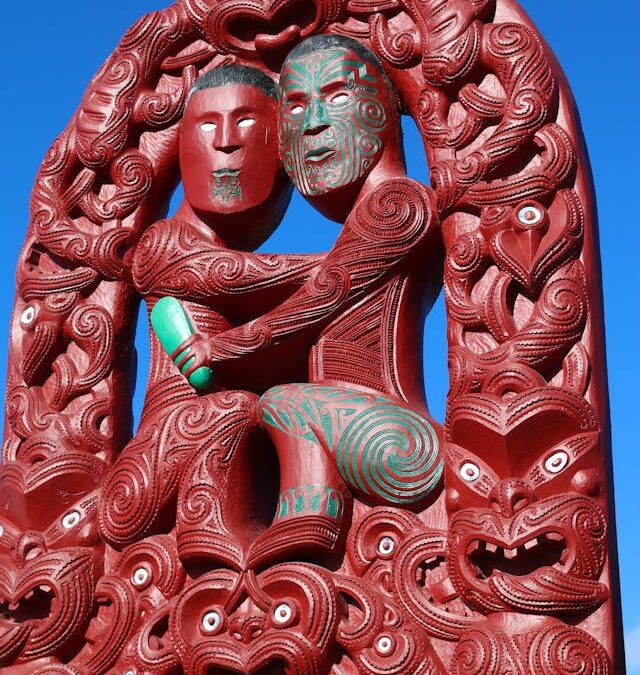As an estate planning attorney, I found it interesting to conduct research on estate planning practices in other parts of the world. Some of the following may or may not still be in practice today, but they are still interesting. How many of the following are practices you already know about?
Ghana – Elaborate Fantasy Coffins
Here in the U.S.A., I know some are shocked at the cost of funerals, including caskets. A tradition in southern Ghana, especially among the Ga people, is that individuals are buried in custom-made, elaborate coffins shaped like objects representing their lives or aspirations (e.g., a fish for a fisherman, an airplane for a traveler). Clearly, families who adhere to this tradition must allocate a significant portion of the estate to maintain it.
Tibet – Sky Burial and Minimal Inheritance
In Tibetan Buddhism, bodies are offered to vultures in a ritual known as sky burial. Because physical remains aren’t preserved, the focus shifts to spiritual legacy rather than material inheritance. As a side note, since there is less emphasis on wealth transfer, this practice helps ensure donations to monasteries and similar institutions.
Japan – Adopting Adult Heirs
I found this very interesting; to preserve family lines and businesses, Japanese families sometimes adopt adult men (often sons-in-law or business protégés) to serve as heirs when there are no suitable male descendants.
Switzerland – Forced Heirship
Here in the US, individuals can disinherit close relatives if they choose to do so. However, in Switzerland, even with a will, Swiss citizens cannot entirely exclude their close relatives. How would that impact your estate plan?
Madagascar – Famadihana (Turning of the Bones)
I’ve not heard of this before. A tradition of the Malagasy people of Madagascar is to exhume their ancestors’ remains every few years, rewrap them in fresh cloth, and celebrate with music and feasts. It is said to be a happy occasion. Estate funds are often set aside for their ceremonies.
Māori People of New Zealand – Whānau and Communal Inheritance
Many of us have some knowledge of the Māori people and their reverence for their land, so this tradition isn’t surprising. In their culture, inheritance is clear. It emphasizes whānau (extended family) and collective land ownership. The land is considered sacred and tied to ancestral lineage. The result of this tradition is rather than individual bequests, estates often pass land and assets communally, governed by family trusts or iwi (tribal) structures.
I hope you found this as interesting as I did. Of course, here in the United States, we have traditions as well, some of which have evolved over time. One is that many now choose to hold a celebration of life rather than a wake. Burial used to be the norm; nowadays, people have many choices beyond the traditional casket and cemetery plot.
As an experienced estate planning attorney, I can help ensure that your last wishes are well-documented and clear, regardless of the circumstances. This gives you peace of mind, knowing you have provided a plan for your loved ones to follow. If you haven’t yet created your will/estate plan, or it’s been a few years since you did, I’d be honored to help. Please call me at 513-399-7526 or visit my website, www.davidlefton.com, for more information.



